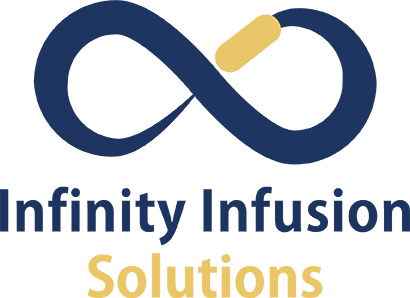Infusible and injectable therapies are used to treat a wide range of diseases and conditions, such as multiple sclerosis (MS), ulcerative colitis, Crohn’s disease, rheumatoid arthritis and more. In the past, infusion therapy was limited to the hospital setting, but now patients have access to a range of infusion service options, including infusion centers (IVCs for short) and home infusion services.
This year has posed some new challenges in the medical industry with immunocompromised patients concerned about their health due to Covid-19. Independent infusion service providers empower these at-risk patients to administer their medication in the home setting or at an infusion center. This reduces unnecessary exposure to the virus, providing patients with a greater sense of safety.
Infusion centers are unique because they are not limited to one particular specialty, nor do they make official disease diagnoses. Rather, infusion centers furnish a service to healthcare providers who may be specialty specific. A patient in the hospital or a specific physician’s care will receive a recommended treatment regimen from that doctor.
Certain drugs require the treatment to be done under the care of a medical professional, but many drugs are able to be administered in the home setting. Home infusion therapy (HIT) is a growing market and is a suitable alternative care option for many patients. Depending on the therapy, a given patient may have an assigned pharmacist, nutrition specialist, home health team, patient care representative and clinical liaison. This team will ensure the patient receives self-administration training, has all necessary medication and supplies delivered to their home, and has the support and resources they need.
What are the benefits of a dedicated infusion therapy service provider?
Personalized care. Treatment at an infusion center or in the home setting is tailored to meet each patient’s needs. Hospital systems have a wide range of services that are beneficial. Sometimes it can be easy for patients to get lost in the shuffle since there are so many options. At an infusion center or in the home setting, though, focused health care professionals have greater flexibility to take the time to fully understand the needs of each patient. At Paragon Healthcare, for example, we collaborate with the patient and their physician to develop a customized care plan that meets those needs and is designed to improve their quality of life.
Increased comfort. Since infusion centers focus only on administering specialty drugs, they are often more comfortable and personal than hospitals. Infusions may take up multiple hours of the patient’s day, and many centers have nice recliners and entertainment options like TVs to provide as much comfort as possible. In the home setting, patients are able to receive their treatment in a familiar environment. Multiple studies have shown that fighting infections or treating chronic conditions at home promote healing and better overall health outcomes. This helps patients return to their normal routine sooner.
Greater flexibility. Many infusion centers allow patients to book their appointment for their therapy ahead of time so they can schedule their life around it. Paragon Infusion Centers, on the other hand, provide patients with greater flexibility by being open 365 days a year, including holidays and weekends, so that they can receive their treatment when it’s convenient for them. Receiving treatment in the hospital setting often limits patients to the nursing staff’s administration schedule, but infusion centers empower patients to have a voice in their health care routine. For patients receiving their treatment at home, medical advances provide greater flexibility for infusing practically anywhere. Unlike traditional IV administration in a hospital with an IV pole and tubing, home infusion pumps are often small and portable. Many patients may receive their infusion medication discreetly while at work, school or on the go by simply carrying the pump in a fanny pack. Dosing times can often be adjusted to fit the patient’s lifestyle or scheduling needs as well.
Cost effective. Receiving treatment at an infusion center or in the home setting is a cost-effective and convenient alternative to therapies administered at a hospital. An infusion of Remicade, for example, can cost more than $10,000 in a hospital, but at an independent, stand-alone infusion center, the average charge is $4,500. The exact same medication, administered with the same method, is more than two times more expensive in the hospital setting. Other specialty medications can be three to four times more costly in the same scenario. Infusion centers and home infusion therapy are economical solutions that reduce much of the burden of the cost of specialty medications to the health care system.
How many times have you wished health care wasn’t so complicated? Learn more about Paragon’s focus on making your life a little bit easier.
As a specialty infusion services provider, Paragon Healthcare treats 300+ diseases and disorders through injectable and infusible therapies. Currently, Paragon serves 30,000+ patients annually and projects to treat more than 100,000 patients annually by 2025.
By Paragon Healthcare Aug 17, 2020 – https://www.bizjournals.com/dallas/news/2020/08/17/4-things-you-should-know-about-infusion-therapy.html

